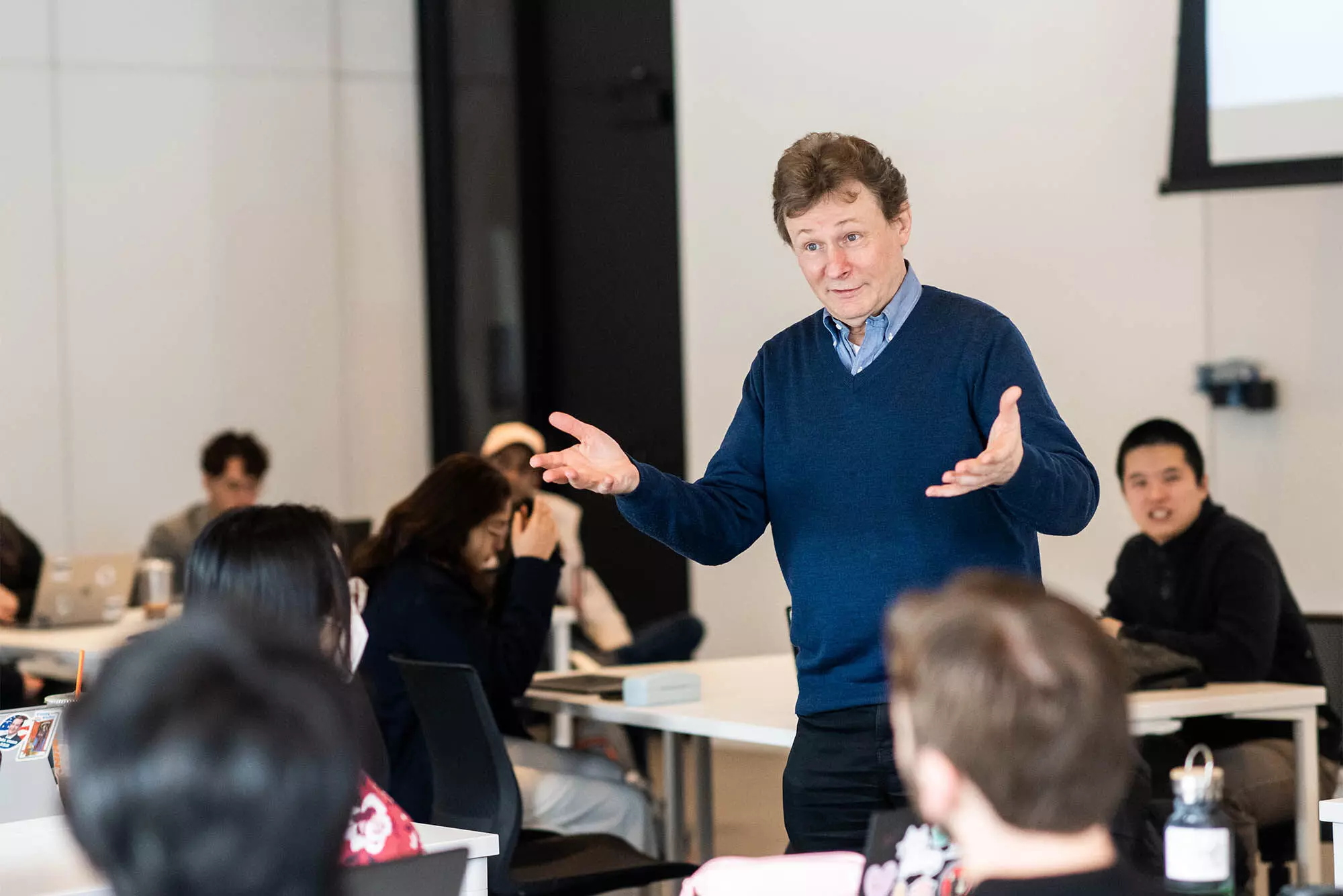AI in College Classrooms: How Professors Are Adapting to ChatGPT
image for illustrative purpose

The emergence of artificial intelligence, particularly ChatGPT, has significantly impacted higher education, prompting professors to rethink their teaching methods. AI-powered tools provide students with instant access to information, writing assistance, and problem-solving capabilities, raising both opportunities and challenges in the academic sphere. While AI can enhance learning experiences, it also raises concerns about academic integrity and originality. Professors must now strike a balance between leveraging AI for educational advancement and preventing misuse in assignments and exams.
One noticeable shift in the education landscape is the rise of professional academic services that assist students when they struggle with academic tasks. Services offering essay for sale with MyAssignmenthelp provide expert assistance, helping students who face difficulties with tight deadlines, complex subjects, or understanding course material. These services ensure that students receive structured and well-researched content, allowing them to learn from professionally written essays while improving their own academic skills.
By using these resources responsibly, students can enhance their knowledge and confidence, leading to better performance in their studies. This shift has encouraged educators to focus on strengthening students' analytical and research skills through interactive learning and personalized feedback.
The Role of ChatGPT in Education
ChatGPT, an important language model, assists scholars in colorful academic tasks, from recapitulating complex generalities to generating well-structured essays. Its capability to produce coherent and eloquent responses in seconds makes it a precious study aid. still, this availability has led to enterprises about academic deceitfulness. Professors have observed that some scholars submit AI-generated work without proper modification, raising questions about originality and intellectual growth.
To adapt, educators are integrating AI literacy into their curricula. By teaching students how to use ChatGPT responsibly, professors aim to instill critical thinking and ethical research habits. Some universities have introduced workshops that demonstrate how AI can enhance learning rather than replace it. These workshops focus on using AI for brainstorming, improving writing clarity, and understanding complex subjects without fully depending on automated responses.
Shifting Assessment Methods
Traditional essay-based evaluations are becoming less effective in the age of AI. As students increasingly turn to ChatGPT for writing assistance, professors are exploring alternative assessment strategies. Many institutions are implementing:
1. Project-Based Learning: Encouraging students to work on hands-on projects that require creativity and application of knowledge rather than regurgitation of facts.
2. In-Class Writing Assignments: Conducting assessments in controlled environments to ensure originality.
3. Oral Exams and Presentations: Testing students' understanding through spoken explanations rather than written submissions.
4. AI Detection Tools: Using software like Turnitin and GPT detectors to identify AI-generated content in submissions.
By diversifying assessment methods, professors can better evaluate students' genuine comprehension and engagement with the subject matter.
Ethical and Academic Integrity Concerns
One of the biggest challenges AI poses in academia is the potential for plagiarism and dishonesty. With AI-generated content becoming more sophisticated, distinguishing between human and machine-written work is increasingly difficult. Universities are addressing these concerns by revising their academic integrity policies to include AI usage guidelines. Some institutions now require students to disclose if they have used AI tools in their assignments, ensuring transparency.
Furthermore, discussions about AI ethics are becoming a central part of academic discourse. Professors are encouraging debates on the ethical implications of AI-generated work, helping students understand the importance of intellectual honesty. By fostering an ethical mindset, educators hope to guide students toward responsible AI usage rather than outright banning it.
The Future of AI in Higher Education
As AI continues to evolve, its role in education will likely expand. Some universities are already experimenting with AI-driven tutoring systems that provide personalized learning experiences. These tools can identify students' weaknesses and tailor lesson plans accordingly, making education more accessible and efficient.
However, the integration of AI in classrooms also necessitates continuous adaptation. Professors must stay informed about the latest advancements and adjust their teaching methodologies accordingly. By embracing AI as a complementary tool rather than a threat, educators can create a more dynamic and engaging learning environment. With the growing adoption of AI tools in classrooms, the need for structured academic support systems is also increasing. Beyond content delivery, institutions now require efficient ways to manage human-led tutoring alongside AI assistance. Platforms such as tutor management software help streamline tutor allocation, class scheduling, student progress tracking, and session management—ensuring personalized learning remains organized and scalable in tech-enabled education environments.
Conclusion
ChatGPT and other AI technologies are reshaping council classrooms, compelling professors to reevaluate traditional tutoring and assessment styles. While AI offers multitudinous benefits, it also raises challenges related to academic integrity and originality. To address these enterprises, preceptors are fastening AI knowledge, diversifying assessments, and fostering ethical AI operations. As technology continues to advance, the key lies in changing a balance that allows AI to enhance education while maintaining academic norms. By conforming to these changes, professors can ensure that scholars develop critical thinking chops and genuine intellectual growth in the age of AI.

